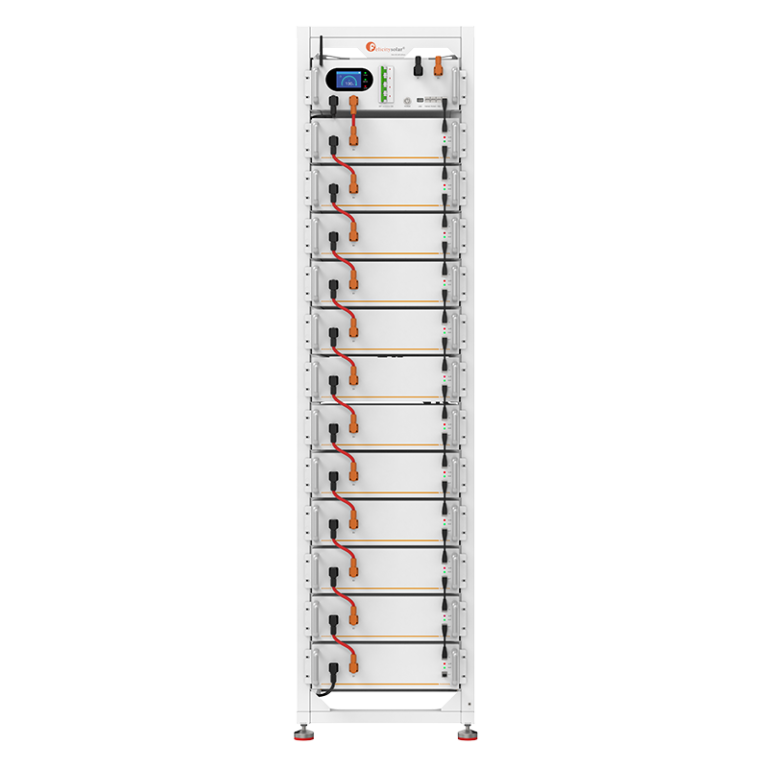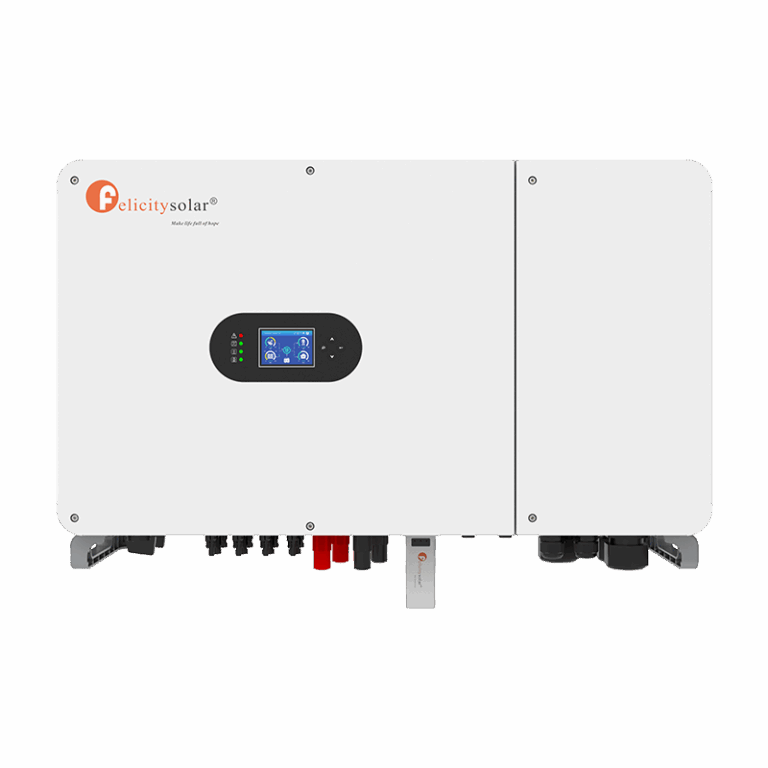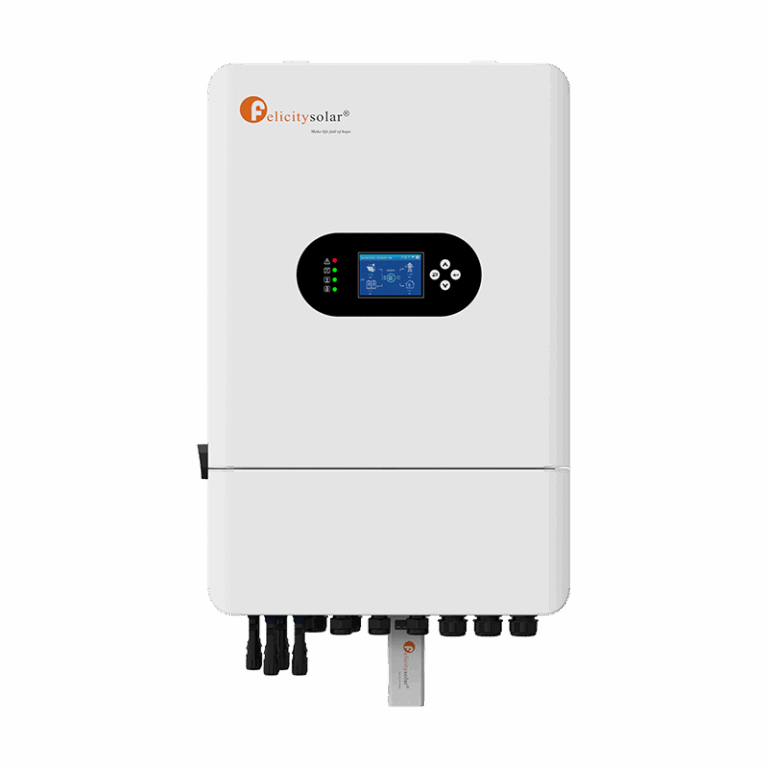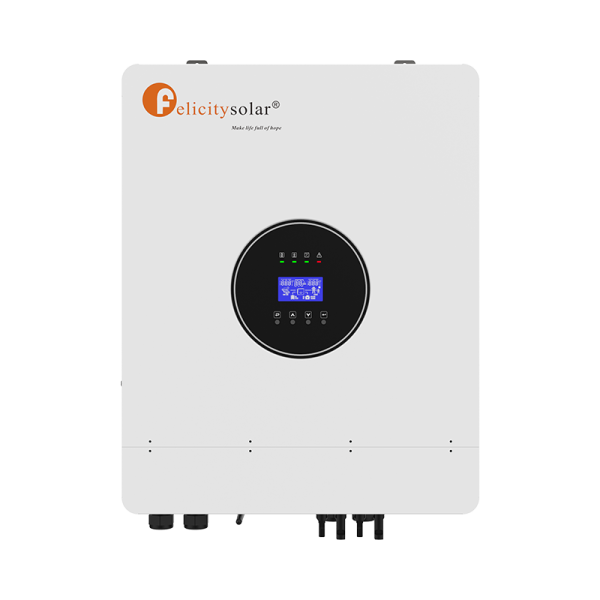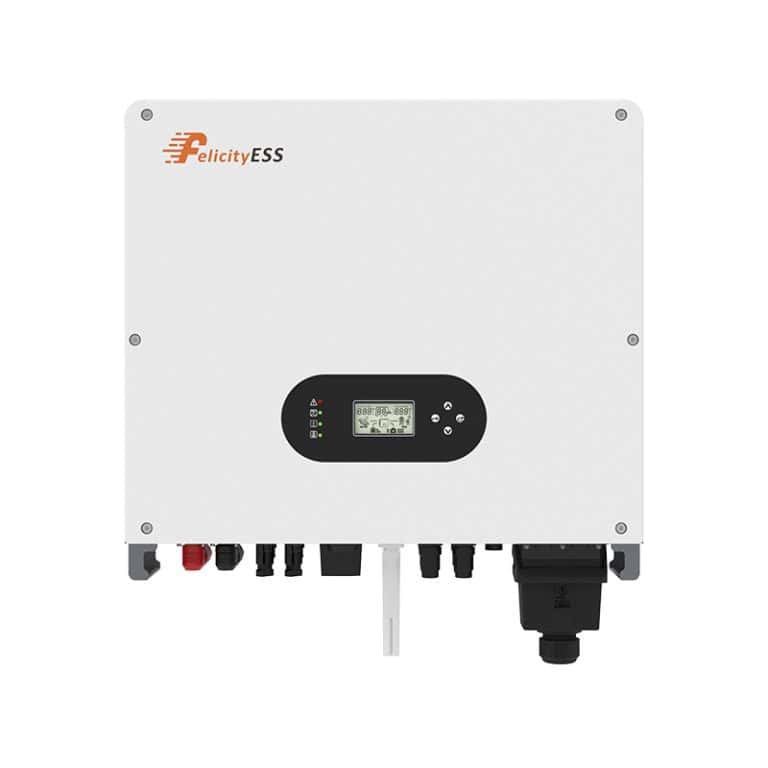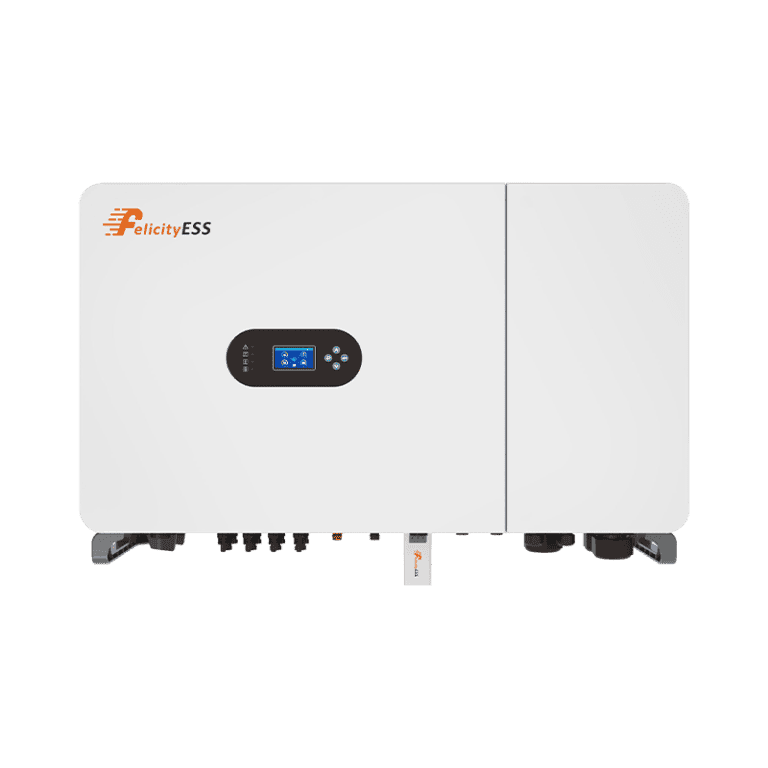Hoy en día, las baterías solares se han convertido en un componente crítico de los sistemas de energía solar, porque almacenan la energía producida por los paneles solares y permiten utilizarla cuando surge la necesidad. Existen diferentes tipos de baterías solares. Entre ellas se encuentran las baterías de níquel-cadmio, plomo-ácido y iones de litio. Cada uno de estos tipos tiene una vida útil única y características distintas. A continuación, analizamos la vida útil de la batería solar de iones de litio y los factores que afectan esta vida útil.
Vida útil de la batería de litio
Mientras que las baterías de plomo-ácido y de níquel-cadmio tienen una vida útil promedio de 5 a 10 años y de 10 a 15 años respectivamente, el Vida útil de la batería de litio es de unos 15-20 años. La variación depende de la calidad de la batería y de la empresa fabricante. Además de su vida útil relativamente larga, las baterías solares de iones de litio tienen una baja tasa de autodescarga y una alta densidad de energía.
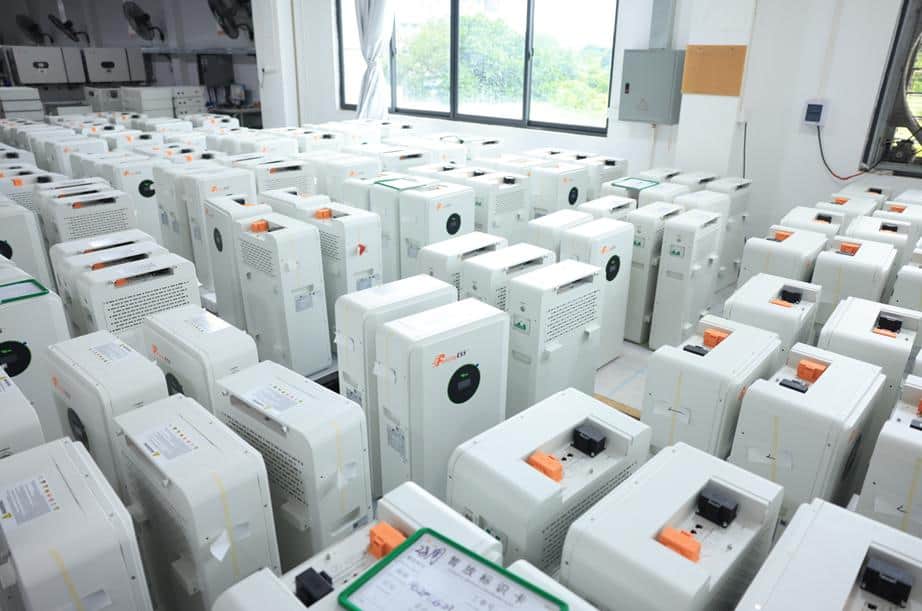
Factores que afectan la vida útil de la batería de litio
Es imperativo comprender los factores que afectan Vida útil de la batería de litio para obtener el mayor valor de su inversión.
Temperatura
Un factor notable que puede afectar la vida útil de este tipo de baterías es la temperatura. El rendimiento de las baterías solares de iones de litio se ve afectado negativamente por las temperaturas extremas. Las temperaturas extremadamente altas pueden aumentar significativamente la velocidad de las reacciones químicas dentro de la batería, provocando la evaporación de los electrolitos. Por otro lado, las temperaturas extremadamente bajas reducen la velocidad de la reacción química, lo que afecta negativamente a la capacidad y la vida útil de la batería.
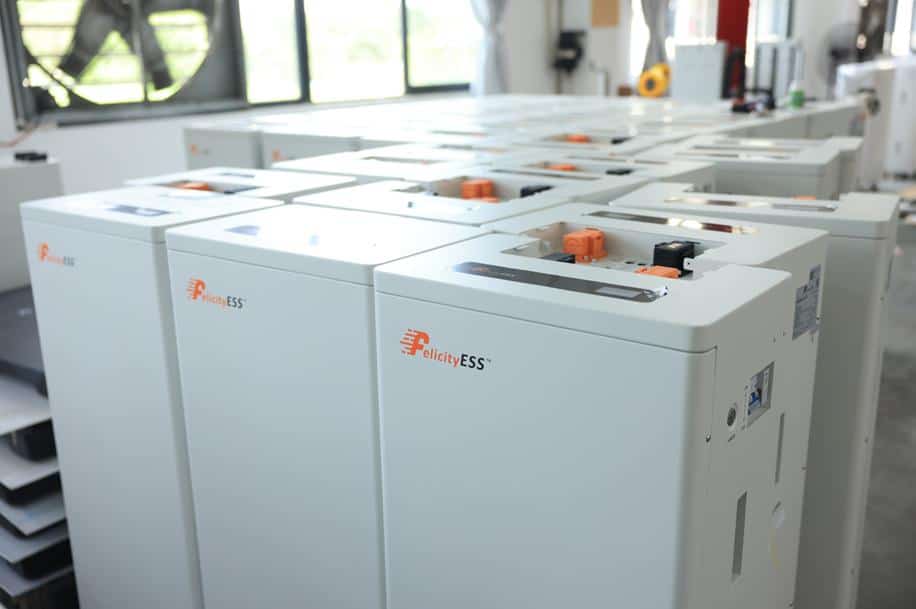
Tasa de carga y descarga
La vida útil de la batería de litio también puede verse afectada por la velocidad de carga y descarga. Cargar y descargar baterías de litio a un ritmo elevado puede aumentar la resistencia interna y generar calor, lo que podría reducir la vida útil de la batería. Es por eso que en Felicity ESS le recomendamos encarecidamente que utilice un cargador compatible que cargue su batería a la velocidad recomendada. Nuestro paquete de baterías LUX-Y-48100HG01 de 15,3 kWh y 51,2 voltajes es compatible con la mayoría de las principales marcas de inversores, lo que garantiza un menor riesgo de resistencia interna reducida.
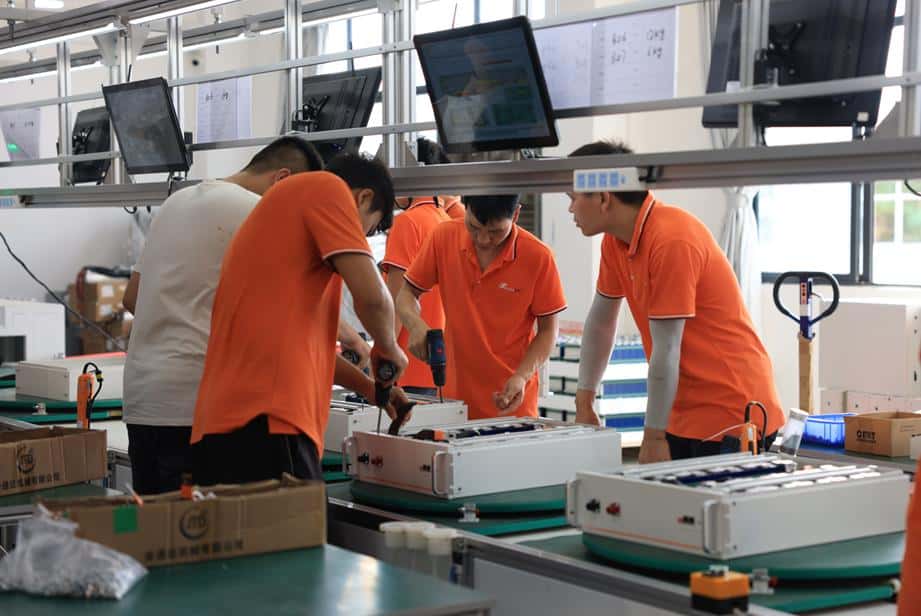
Calidad de la batería
La vida útil de la batería de litio puede determinarse además por la calidad de la propia batería. Las baterías baratas y de mala fabricación tienen una vida útil más corta y son propensas a fallar. Esto hace que sea fundamental invertir en una batería de litio de un fabricante de confianza. Esto garantizará que obtenga un producto de alta calidad con una vida útil más larga y un mejor rendimiento general. Nuestras baterías solares de iones de litio tienen medidas de protección impecables, como el sistema de gestión de batería inteligente incorporado (BMS), un fusible y un disyuntor para proteger contra riesgos potenciales y promover un rendimiento óptimo de la batería. Por ejemplo, nuestro LUX-X-48100LG01 5,12 kWh 51,2 Voltaje es un paquete de baterías de iones de litio ultraduradero y de alto rendimiento que emplea tecnología LiFePO4, conocida por extender el ciclo de vida de la batería.
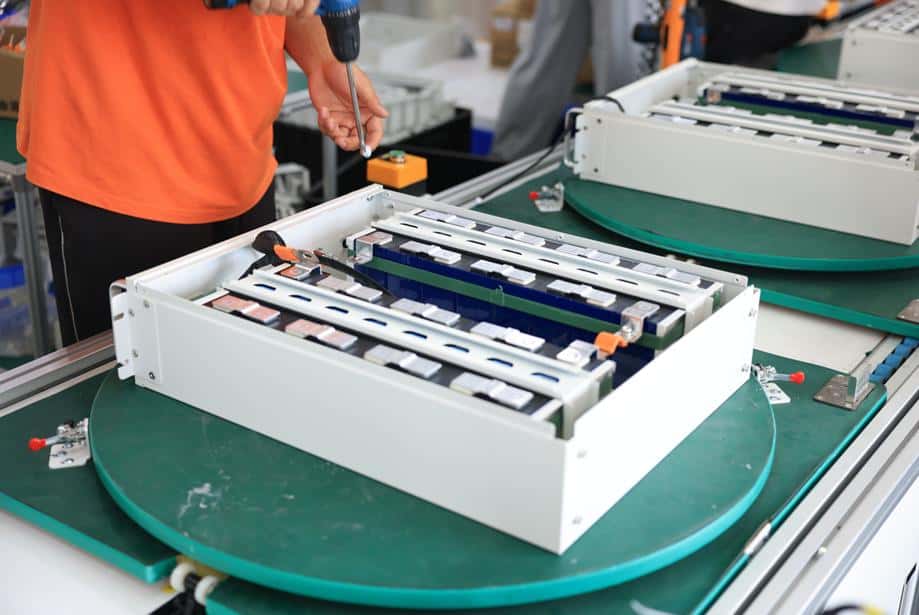
Conclusión
La vida útil de las baterías de litio, aunque es relativamente superior a la de otras baterías solares, varía en función de la temperatura, la velocidad de carga y descarga y la mejor calidad. En Felicity ESS, nuestro Sistema de Gestión de Baterías garantiza que nuestros productos ofrezcan una protección múltiple, ofreciendo una protección integral contra temperaturas extremas, cortocircuito, sobrecorriente, sobredescarga y sobrecarga. Ofrecemos soluciones personalizadas, en forma de soluciones solares residenciales, especialmente soluciones de baterías de litio de reserva para el hogar. También aceptamos la venta al por mayor a gran escala de nuestros productos. La compra de baterías solares de iones de litio es una inversión. Para sacar el máximo partido a su inversión, asegúrese de no comprometer la vida útil de sus baterías.



